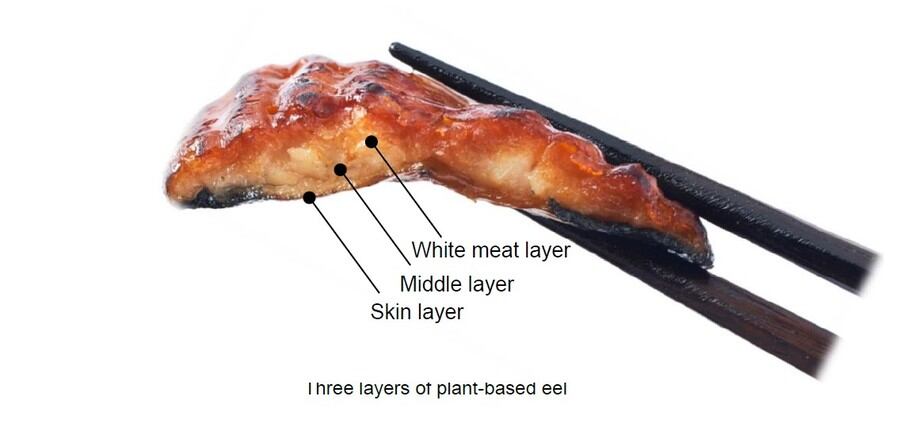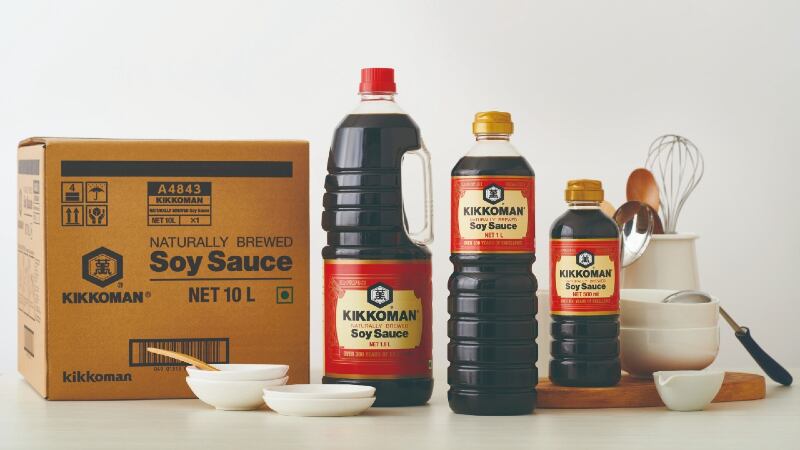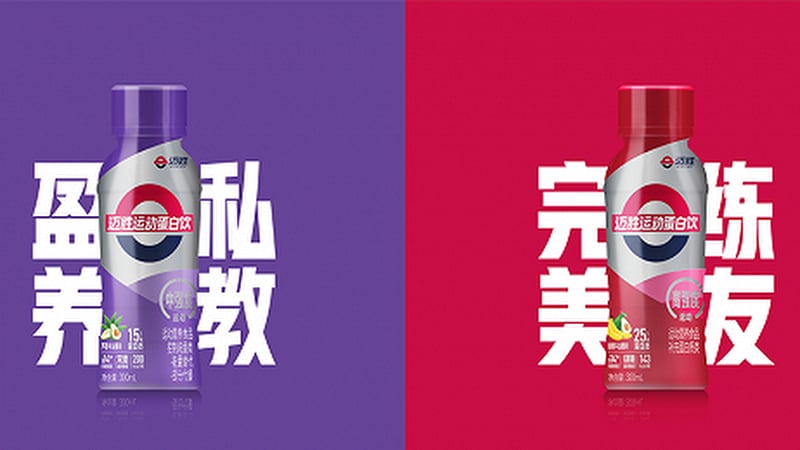The Japanese cup noodles specialist launched its first plant-based product, “kabayaki” grilled eel, in Japan in conjunction with the country’s Day of Ox commemoration a few months ago.
A limited run of 1,000 sets were sold via Nissin’s online store and priced at 1,500 yen (US$10.17) per set.
While Norie Oguchi, Corporate Communications, Nissin Foods Holdings, told FoodNavigator-Asia that there are currently no imminent plans to export the product or increase production, she stated Nissin’s commitment to “continue developing and researching plant-based foods and alternative-proteins.”
“In the Japanese market, we believe there is still potential for market expansion in the future.
“Since the values and needs of consumers often change, we cannot say for certain [regarding the consumer trends]. But at Nissin Foods, we have made a commitment in preparation for the Tokyo Nutrition Summit to increase the amount of plant-based protein in Japan to 1,100 tons per year by 2030.”
“[Additionally], the need for plant-based alternative raw materials will likely increase in the future to address protein deficiency, reduction of environmental impact, and conservation of scarce resources.”
Why plant-based eel?
The declining volume of eels caught in recent years, soaring retail prices, and the lack of a commercially viable aquaculture for eels were some reasons cited in its press statement explaining its rationale to develop a plant-based alternative.
Taste and texture are king when it comes to consumer acceptance of plant-based food, so a key challenge in developing plant-based eel is in achieving the texture and appearance close to the real eel without the use of animal-derived ingredients, said Oguchi.
Nissin’s product made use of soy protein granules for the white meat layer to create the fibrous texture of the fish, vegetable oils and other ingredients for the middle layer to imitate the fat between the eel meat and the skin, and the bamboo charcoal powder for the skin layer.
“The realistic appearance is reproduced by placing the combined ingredients into a mold taken from a real "eel kabayaki", steaming it, coating it with sauce, and searing it to give it a grilled finish,” Oguchi added.
FoodNavigator-Asia early published an in-depth analysis on what else it takes to move the plant-based industry that is at the danger of reaching saturation.




